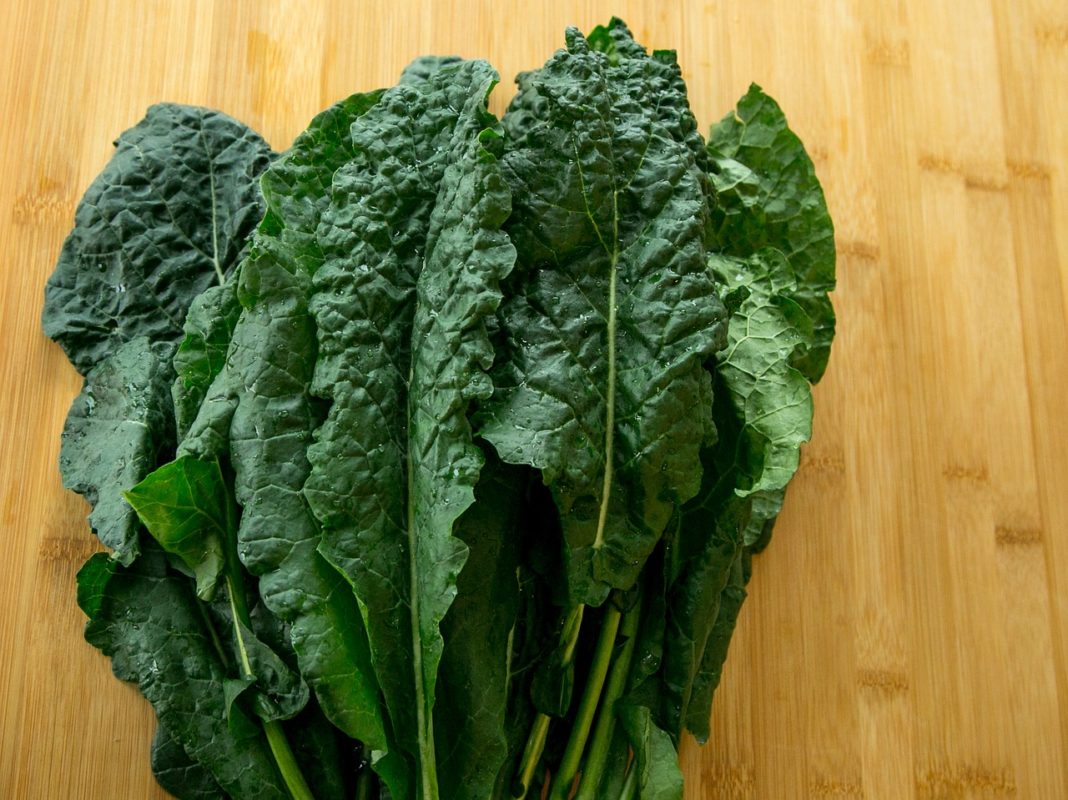High intake of vitamin A can reduce a person’s risk of developing cutaneous squamous cell carcinoma (SCC), according to a study published in JAMA Dermatology.
SCC is most common in people with lighter skin, and occurs in areas of the body that receive the most sun exposure. Precise diagnosis rates are unknown, since they’ve been omitted from national cancer registries, but researchers estimate that there are more than 700,000 new cases diagnosed every year in the United States.
Vitamin A deficiency can cause blindness, hair loss, and increased vulnerability to certain infections. The vitamin is easily accessible and can be sourced from both animal-based food and vegetables. Beef and lamb liver are considered to have high daily values of vitamin A as well as kale, spinach, and orange and yellow fruits. Topical retinoid and retinol creams are a bioactive form of vitamin A.
Researchers from the Warren Alpert Medical School of Brown University looked at wide-spectrum heath data from 123,570 male and female patients in two long-term studies. Follow-ups took place over the course of 26 years, of which researchers found 3,978 cases of SCC.
Their analysis showed that people who were in the highest one-fifth vitamin A intake category had a 17 percent reduced risk of developing SCC, compared with those in the lowest one-fifth. The study authors note that more research is required to better understand effective vitamin A intake levels for the best health results. Despite the importance of these findings, readers should note that one of the investigators, Abrar A. Qureshi, PhD, has worked as a consultant for various pharmaceutical companies such as AbbVie. This was the only reported conflict of interest.





